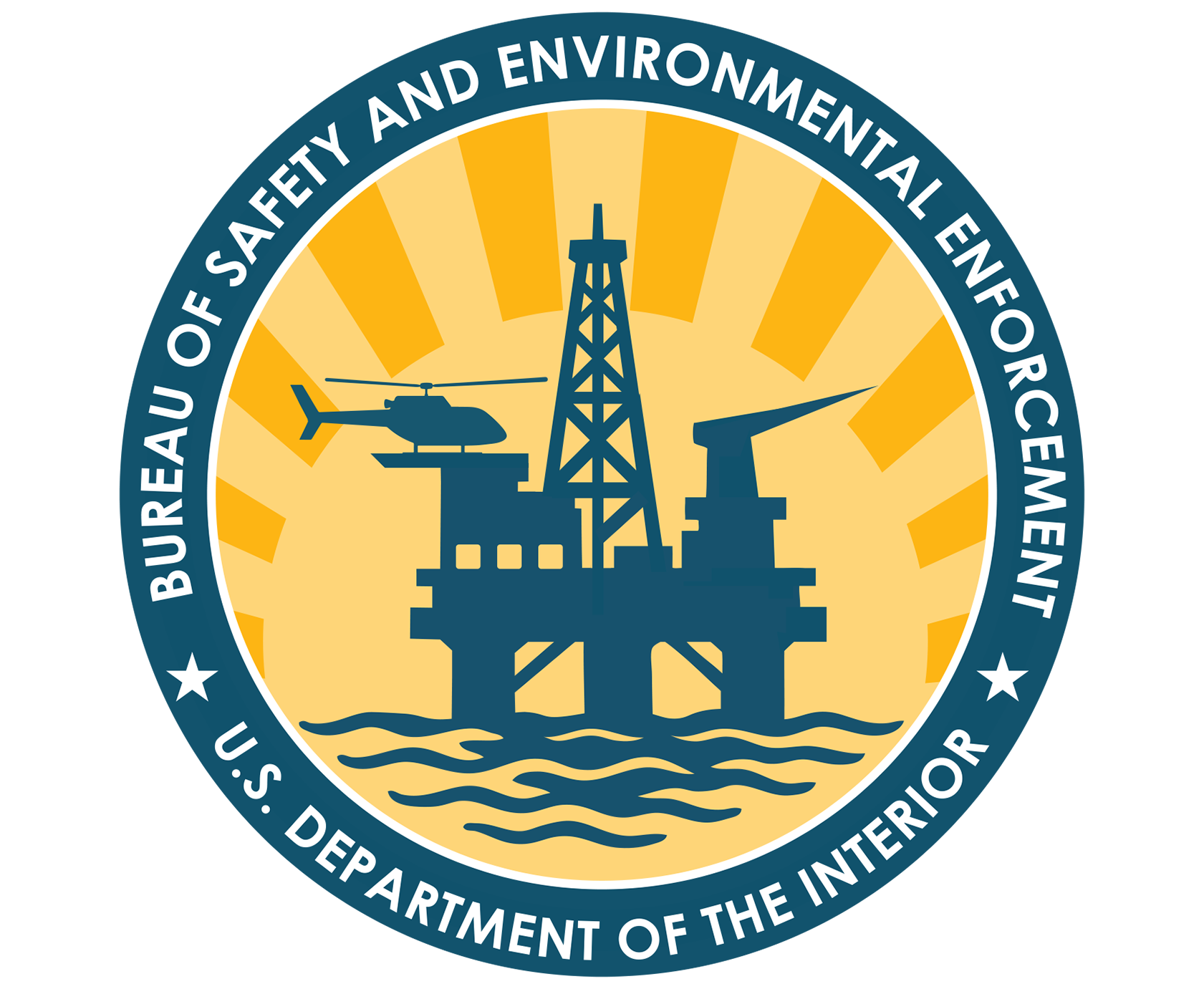Project was a comparison of risks for a Spar-based FPSO with other deepwater production systems studied in the Comparative Risk Analysis of Deepwater Production Systems in the Gulf of Mexico. Those systems were a tanker-based FPSO with wet trees, a conventional Spar with dry trees, a TLP with dry trees, and a shallow water jacket serving as a hub and host for deepwater production. The spar-based FPSO configuration studied was a spar with wet-oil storage, dry trees, oil export by shuttle tanker and a gas export by pipeline. In order to assess the risks associated with this type of oil storage, data were compiled and analyzed from the North Sea where both spars (Brent) and gravity-based structures have used wet-oil storage. Information on oil spills was obtained directly, and information on the volume stored and the number of offloading events was inferred. Oil spill risks were measured as the average value for the total volume of oil spilled during the operational lifetime for a fleet of systems, as before in the original CRA project.
Results indicated that oil spill risks for a spar-based FPSO with wet-oil storage are comparable to those for dry-oil storage in a tanker-based FPSO. In both cases, the major contribution to the oil-spill risk is related to shuttle-tanker offloading and transportation. Oil-spill risks for the spar-based FPSO were also compared to the conventional spar with an oil pipeline. A concerted effort was made to better understand the practical consequences of uncertainty in the estimated oil spill volumes and to evaluate how much future information would be required to meaningfully reduce this uncertainty. The results show that the average value for the total volume spilled is still dominated by the possibility of large but rare occurring spills. A final report has been received.
The project has been completed.
